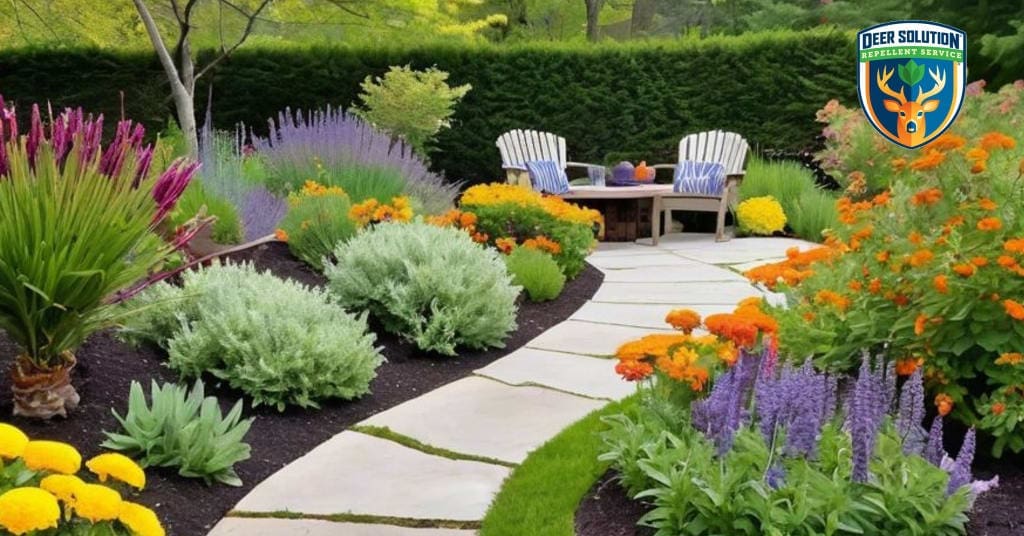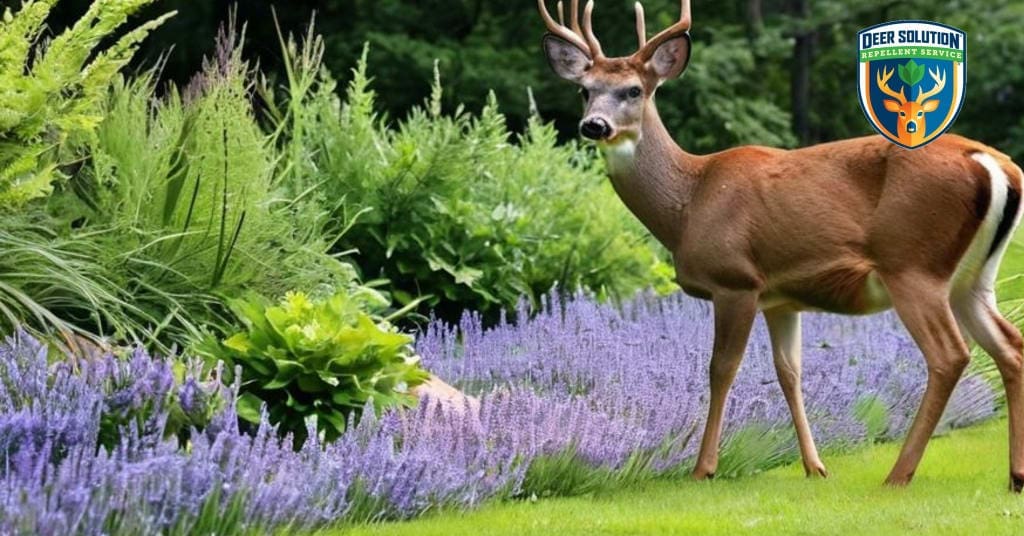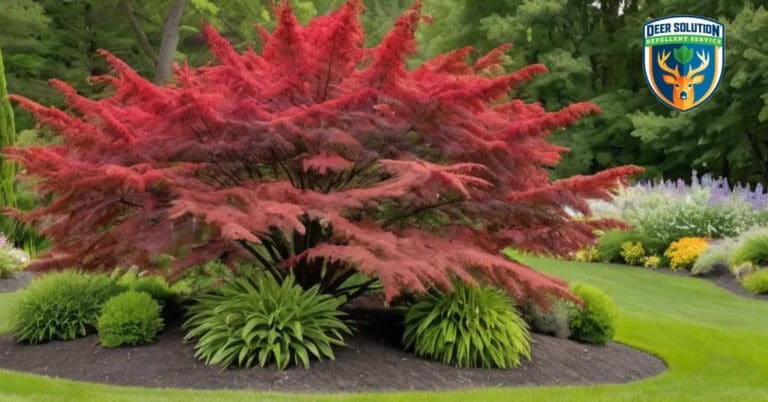Gardeners often face the challenge of maintaining vibrant landscapes while contending with local wildlife, particularly deer. One plant that sparks curiosity is the Flameleaf Sumac—renowned for its stunning fall foliage but also a potential target for hungry deer. Therefore, this article delves into the interactions between deer and Flameleaf Sumacs, offering insights into how to preserve the beauty of your garden amidst these natural foragers.
Flameleaf Sumacs: An Overview
Rhus lanceolata, commonly known as Flameleaf Sumac, is a deciduous shrub or small tree known for its striking red foliage in the fall. Native to North America, it thrives in various soil types and is often used in landscaping for its aesthetic appeal and hardiness. Moreover, this plant is not only visually appealing but also serves as a habitat for local wildlife and can be used in erosion control due to its robust root system. But how does it fare against deer?
Deer and Their Dietary Preferences
Deer are opportunistic feeders, meaning they will eat a wide variety of plants depending on availability and nutritional needs. Their diet typically includes leaves, twigs, fruits, and nuts. However, certain plants are more appealing to deer than others. For example, they are particularly fond of tender shoots and succulent plants that provide high moisture content and nutritional value. In contrast, plants with strong scents, fuzzy leaves, or thorny stems are often less attractive to these foragers.
Do Deer Eat Flameleaf Sumacs?
While deer have been known to nibble on Flameleaf Sumacs, these plants are not typically a preferred food source. The bitter taste and the presence of tannins in the leaves often make them less attractive to deer compared to other, more palatable options. Nevertheless, in times of food scarcity, deer may still browse on Flameleaf Sumacs. It’s important to note that young, tender sumac shoots might be more susceptible to deer browsing, especially in the spring when deer are seeking out new growth to replenish their diet after a long winter.
Enhancing the Resilience of Your Flameleaf Sumacs
Even though Flameleaf Sumacs possess natural deterrents like bitter-tasting leaves and tannins, there are additional steps gardeners can take to support these plants in the face of occasional deer browsing. Enhancing the resilience of your garden by fostering a healthy ecosystem is a key strategy.
- Encouraging Biodiversity: By cultivating a variety of plant species, you create a more balanced environment that naturally discourages deer from focusing on any single plant. Flameleaf Sumacs, when integrated into a diverse landscape, benefit from the presence of other species that may distract or repel deer.
- Promoting Plant Health: Healthy plants are more resistant to all types of stress, including browsing by deer. Regular maintenance, appropriate watering, and soil management can bolster the natural defenses of your Flameleaf Sumacs, making them less attractive to deer.
- Community Engagement: Collaborating with neighbors to maintain a deer-conscious environment can reduce overall deer pressure. By working together to implement eco-friendly practices and deterrents across multiple gardens, communities can help protect their landscapes more effectively.
Crafting a Deer-Resistant Landscape
Creating a deer-resistant landscape involves understanding the dynamics of your local environment and making informed choices that enhance the resilience of your garden. By integrating strategies such as biodiversity, regular plant care, and community efforts, you can build a garden that thrives even in deer-prone areas. Emphasizing eco-friendly and sustainable practices ensures that your landscape remains healthy and vibrant throughout the seasons.
Partnering with Deer Solution for Expert Guidance
While implementing these strategies can greatly reduce the impact of deer on your garden, sometimes professional advice and tailored solutions are necessary. Deer Solution offers expertise in eco-friendly landscape management, providing services designed to support the health and beauty of your garden. With our experience, we can help ensure that your Flameleaf Sumacs and other cherished plants remain protected, allowing you to enjoy a stunning, deer-resistant landscape year-round.












